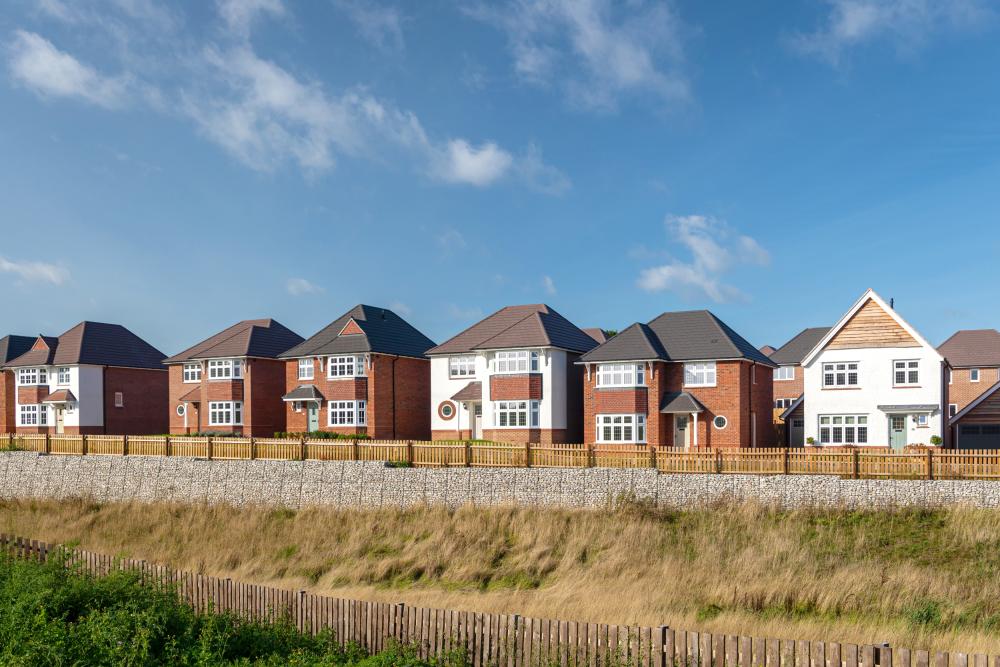Owning a home is expensive, but no one knows what to expect until they find themselves with an unexpected and unplanned repair bill to pay. It may surprise you to learn that the average UK home needs more than £24,000 in repairs, and if you’re like many people, you don’t have that kind of money in your account.
These high repair costs are the main reason why about two-thirds of millennials regret purchasing their home. While homeowner used to be a sign of success and maturity, many now view it as a hassle and an expensive headache. Too many homeowners simply cannot afford repairs, but ingoing these problems only put themselves, or their tenants at risk.
Ignoring the problem Doesn’t Make It Go Away.
According to a survey done by My Job Quote, nearly three-fourths of British homeowners have admitted their home needs crucial repairs. But, with the average bill being about £24,000, most don’t have the funds to afford to fix their house. Instead of hiring a skilled contractor, residents often put the project on the back burner or try to DIY it themselves.
What they end up with is shoddy work. Lousy plumbing and faulty wiring not only lead to massive, most costly repairs down the road, but they can also be downright dangerous. House floods and fires are some of the realities of ignoring these necessary repairs.
Disabled Homeowners and Tenants at Risk
Living in a dilapidated home is dangerous, especially for those with chronic health conditions or disabilities. Many of these individuals don’t have the disposable income to afford home repairs. Some even struggle to move about their home because it’s not adapted correctly. It puts them at risk of falling or endangering their health even more.
There is help available, however. Schemes of assistance provide financial support to those who need to repair or adapt their home in the form of local council obtained home adaptation grants. However, not everyone who applies gets awarded the grant. You must prove hardship and medical needs to qualify.
Funding Costly Repairs
Plumbing, electrical, and structural damage may occur at any time. At least 50 per cent of UK homeowners need to repair or replace their boiler at some point. Replacing the system could cost you upwards of £4,000. A quick search online for plumbers near me can bring up an assortment of boiler repair services and tradesfinder services allowing you to ask tradesmen for help and get an idea on costs.
Many homeowners choose to take out emergency appliance insurance to cover these unplanned costs. The average plan costs about £136 a year, while a simple boiler repair could set you back £800.
Other ways to fund for emergency repairs is by opening a savings account. Make sure it’s interest-bearing, and add money to the fund each month.
Remortgage Options
In some cases, homeowners remortgage their home to pay for much-needed repairs. If your home value has increased, you should have no problem borrowing against it. But, if you have poor credit or a low income, you may not qualify for a remortgage.
Landlords Are Also Guilty
Tenants count on their landlords to make repairs around their property. After all, it’s the landlord’s job to keep the house in a safe, habitable condition. But what happens if the landlord neglects their end of the deal?
Too many landlords can’t afford these repairs. And tenants are not legally allowed to withhold rent because of this. They can face eviction if they do. Instead, it’s up to the tenant to keep records of every conversation they have with their landlord.
Make sure you take photos of the problem and keep copies of all texts, emails, or letters you send. If the damage is affecting your health, make sure to obtain a doctor’s note. Remind your landlord of their obligation to repair the property. In some cases, you can arrange to handle the repair on your own.
Before you make any repairs, make sure the landlord agrees—in writing—to reimburse you for any payments you make. If they refuse, you should report the issue to the council’s renting team. You can also take your landlord to court.









